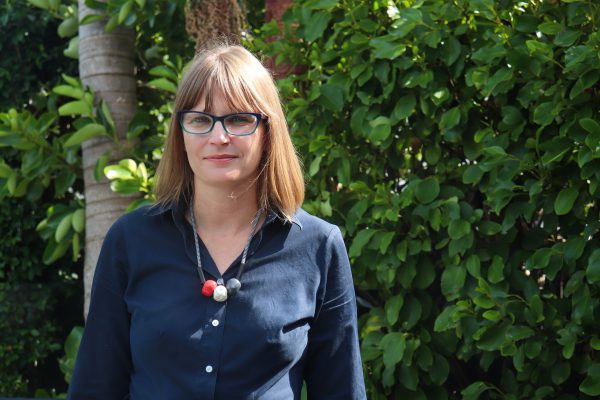In 2006, Internet Archive began a programme of scanning copyrighted books en masse and distributing digital copies over the internet to anyone who wanted them, anywhere in the world, without the permission of authors or publishers, and without paying a dime. Today, Internet Archive distributes free copies of about three million works in their entirety under the moniker of ’Open Library’, declaring that its goal is to “provide Universal Access to All Knowledge” and claiming this illegal distribution of e-books is a form of public service.
Our country (and yours) already has a wonderful arrangement of making free books available to everyone: the public library system. Let us be absolutely clear: Internet Archive is not a library in any true sense of the word. It is an unlawful piracy operation. Legitimate libraries pay for e-books. From this fee the author receives a small royalty, and the publisher is compensated. Internet Archive pays authors and publishers nothing. The project was founded by a wealthy tech entrepreneur named Brewster Kahle, who runs a family foundation with assets in excess of $150 million and over $30 million a year in revenue, according to the most recent available records.
It is galling for authors to see tech millionaires like Brewster Kahle helping themselves to our books without paying for them, and then applauding themselves for providing a public service
The Authors Guild, of which I am president, tried for years to initiate a dialogue with Mr Kahle and Internet Archive. Our goal was to persuade Internet Archive to create a legitimate licensing system so that authors and publishers could be compensated for the copying and distribution of their work. We authors absolutely support the idea of books being as widely available as possible—but not through stealing our intellectual property and cheating us out of royalties. But Mr Kahle spurned all our efforts. He ignored a petition signed by more than 6,000 authors and their supporters. He continues to this day to brazenly and unashamedly scan copyrighted books.
Finally, two years ago, four members of the American Association of Publishers (Hachette Book Group, HarperCollins, Wiley and Penguin Random House), with the support of the Authors Guild, filed a lawsuit against Internet Archive to put an end to this flagrant violation of the Copyright Act.
The lawsuit caused a hullabaloo among the “information wants to be free” lobby. On tech websites and blogs, we authors were told that we’re selfish, we’re Luddites, we’re elitists. These critics are not just random trolls. One, for example, is a law professor at NYU named Christopher Sprigman, who was appointed by the American Law Institute to supervise a restatement of copyright law. On Twitter he ranted against the guild’s objections to Internet Archive’s illegal scanning and distribution as “brain-dead and tiresome,” calling them “a mean-spirited point of view.” It’s worth pointing out to Mr Sprigman and others that at Internet Archive, software engineers and executives are paid hundreds of thousands of dollars a year. The average full-time author today in the US makes a median income of just $20,300 from writing. I would guess that the law professors and big tech cheerleaders who support Internet Archive’s piracy earn a wee bit more than that.
The United States is one of the creative engines of the world, as our framers envisioned when they included copyright protection in the very first article of the Constitution. Books are national treasures. Stealing and giving away the books of America’s authors, who labor for years researching and writing, often at great financial sacrifice, is no act of heroism. It is galling for authors to see tech millionaires like Brewster Kahle helping themselves to our books without paying for them, and then applauding themselves for providing a public service. This is no different than pickpocketing someone on the street and then expecting to be congratulated because you donated the money to charity.
On Thursday, the four publishers filed a summary judgment motion in the Southern District of New York in the lawsuit, officially known as Hachette v Internet Archive. Copyright law is unambiguous: copying and distributing literary works under copyright without permission is illegal. The very words “copy” and “right” could not be clearer. The actions of Internet Archive have been so egregious that we hope the courts will settle the issue without further ado.
The framers understood, and the Copyright Act embodies, an important truth: that protecting copyright is fundamental to our democracy and the free flow of information in our society. It seems so obvious I’m embarrassed to repeat it: authors cannot write books unless they earn a living. In the affluent world that Mr Kahle, Mr Sprigman, and other “information wants to be free” evangelists inhabit, people are handsomely compensated—except authors, who are expected to give up their work for free and are called “mean-spirited” if they don’t. If this isn’t a case of big tech robbing the poor to give to the rich, I don’t know what is.




